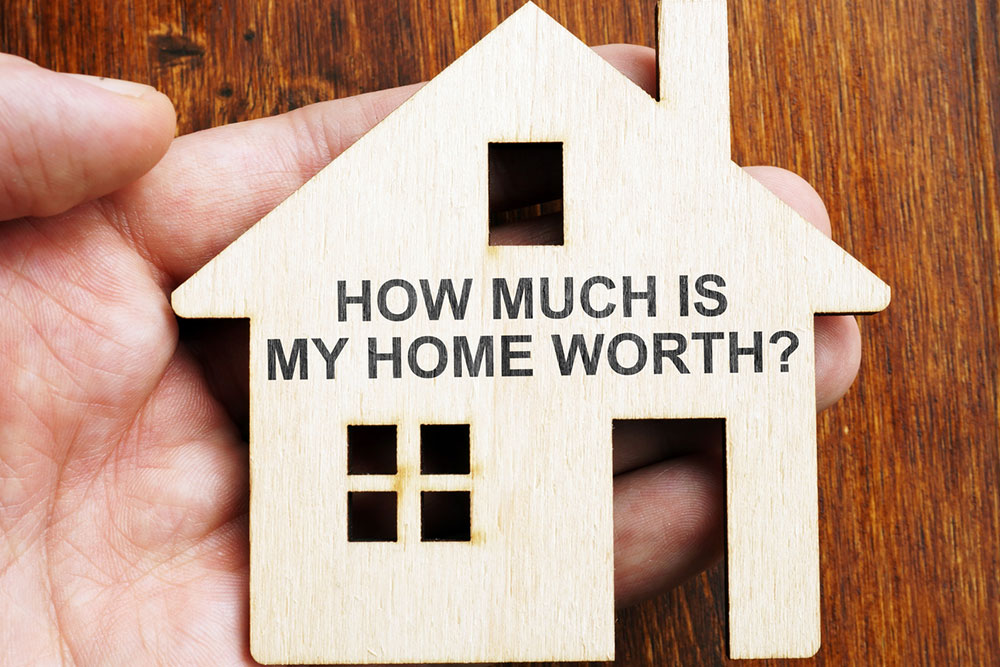Effective Strategies for Estimating Your Property’s Market Price
Discover effective techniques for estimating your property's market value. Learn from professional advice, recent sales analysis, online tools, and combined methods to get a reliable estimate. These strategies help sellers and homeowners make informed decisions for selling or refinancing their homes with greater confidence.

Effective Strategies for Estimating Your Property’s Market Price
Accurately determining the value of your home is crucial whether you're selling or refinancing. A precise appraisal helps set competitive listing prices and supports sound financial decisions. While no single technique offers absolute accuracy, combining several methods yields a more dependable estimate. Key factors impacting property value include location, size, condition, age, proximity to amenities, transportation accessibility, school districts, flood and subsidence risks, crime levels, and ground stability.
Major Elements Influencing Property Prices
Location
Floor plan and overall size
Property condition
Age of the property
Access to local services
Transport connections
School district boundaries
Flood and ground stability risks
Neighborhood safety statistics
Recognizing these aspects aids in evaluating your home's market value through different approaches.
1. Seek Advice from Local Real Estate Experts
Experienced estate agents have in-depth market knowledge. Consulting them provides professional insights based on recent sales and property features, approximating your home’s worth.
2. Review Comparable Sales Data
Analyze recent transactions of similar properties nearby, often called comparables or comps. Focus on homes of similar size, age, and condition sold within the last six months, using estate listing sites, agency reports, or land registry data (for England and Wales) to gather relevant information.
3. Use Online Valuation Tools
Numerous websites offer free tools to quickly gauge property values based on size, location, and current market trends. Remember, these are estimates and should be cross-verified with other methods for better accuracy.
4. Hire a Certified Surveyor
Getting an independent assessment from a qualified surveyor provides professional accuracy. They inspect the property and produce detailed reports, ensuring your asking price aligns with the market. Make sure the surveyor is RICS-certified for trusted results.
5. Use a Multi-Method Approach
Combining different valuation techniques—such as comparative analysis, income approach (for rental properties), cost approach, and professional appraisals—gives a comprehensive market value estimate. This approach is especially helpful for typical urban homes.
Comparative Market Analysis (CMA): Comparing your home with recent sales of similar properties.
Income Approach: Estimating value based on rental income prospects.
Cost Approach: Summing land value and replacement costs minus depreciation.
Professional Appraisal: Obtaining a valuation from accredited experts.
Note:
This guide offers general home valuation techniques. For precise valuation, consult licensed professionals. Market dynamics and property specifics can affect accuracy. Always use multiple sources and expert advice to determine optimal selling or refinancing prices.


